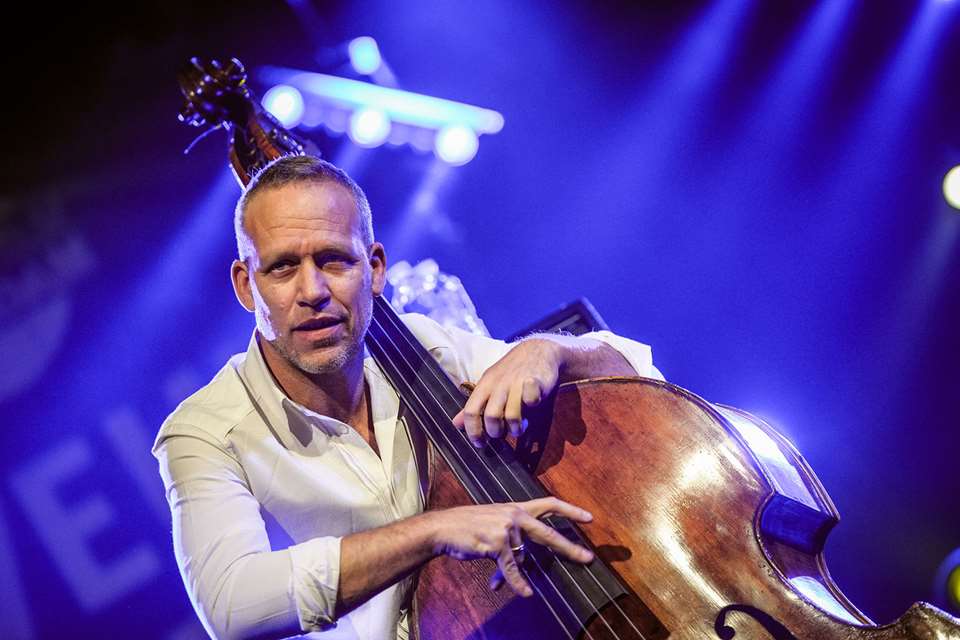Shai Maestro interview: "Jazz is a flexible music, everything's open to interpretation and change"
John Fordham
Thursday, April 22, 2021
Pianist Shai Maestro was catapulted to international renown in the mid 2000s when fellow Israeli and bass star Avishai Cohen talent-spotted him for his power Trio with Mark Guiliana. He's since forged his own solo path and now releases his striking new album, Human, his second outing for ECM and first with his new Quartet. John Fordham discovers how it reflects Maestro’s ever-deepening artistic vision
![Shai Maestro [photo: Gabriel Baharlia]](/media/217461/shai-maestro-gabriel-baharlia2.jpg?&width=780&quality=60)

Register now to continue reading

Thank you for visiting Jazzwise.co.uk. Sign up for a free account today to enjoy the following benefits:
- Free access to 3 subscriber-only articles per month
- Unlimited access to our news, live reviews and artist pages
- Free email newsletter
